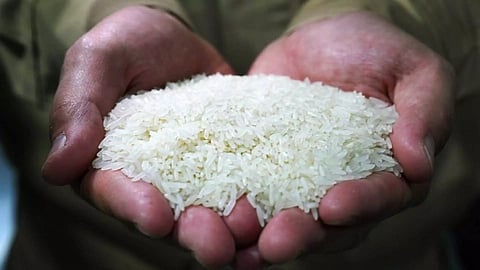

CHENNAI: The Tamil Nadu Civil Supplies Corporation (TNCSC) is negotiating with the National Cooperative Consumer Federation (NCCF) and states like Andhra Pradesh, Chhattisgarh, and Telangana to procure 6 lakh tonnes of rice to be distributed among ration card holders.
Tamil Nadu has been allocated 2.97 lakh tonnes of rice for the public distribution system under the National Food Security Act but it needs an additional 50,000 tonnes per month as it has 2.2 lakh ration card holders to whom rice has to be distributed.
The Food Corporation of India (FCI) had taken a position that it will not be providing more food grains to states under its Open Market Sales Scheme (OMSS).
Sources in the TNCSC told IANS that after the FCI reiterated its position that it will not supplying more food grains to states other than the allocated quota, they have to knock the doors of other states and the NCCF.
However, the rates of rice supplied from the FCI under OMSS was only Rs 34 per kg while that of the NCCF will be Rs 35.95 which is Rs 1.95 higher per kg compared to the FCI scheme.
While the NCCF is willing to supply rice at the previous year's rate of Rs 35.45, the cooperative federation insisted that it would delivery the rice only to the respective rail heads in the district headquarters. This will lead to an increase of 0.50 rupees per kg for transportation leading to rice costing Rs 35.95 as compared to the FCI rates.
Another proposal with the TNCSC is to retain the paddy procured from the farmers of the state instead of supplying it in the central pool.
Tamil Nadu has, at present, 5.4 lakh tonnes of rice in its warehouses and the department is planning earlier procurement to prevent any shortage.